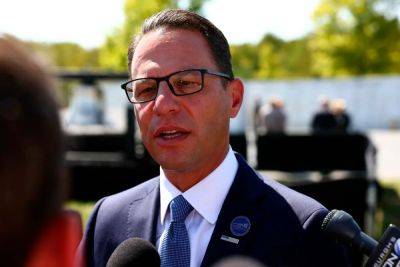Environmentalists Fear Subsidies for Carbon Capture Won’t Be Checked
Lucrative new tax subsidies for companies that catch the planet-warming gas carbon dioxide and store it deep underground were one of the few aspects of President Biden’s 2022 climate legislation that the oil industry embraced.
The potential tax benefits spurred the industry, one of the largest contributors to the current climate crisis, to invest billions of dollars in the process, called carbon capture and sequestration.
Now some Democratic lawmakers, tax watchdogs and climate activists are raising concerns that the Internal Revenue Service, tasked with verifying fossil-fuel industry claims on stored carbon, lacks adequate safeguards to ensure that no companies are taking more taxpayer dollars than they qualify for. And they are equally frustrated that the I.R.S. and the Environmental Protection Agency rely on the companies’ own reported data.
The agencies do not “go out into the real world and track CO2 emissions from carbon capture facilities,” said Maggie Coulter, a senior attorney at the Center for Biological Diversity. “They’re just accepting these reports as they come in.”
The tax subsidies were boosted to reward companies that embrace carbon capture to help mitigate global warming. They also helped secure a critical vote in Congress to pass the Inflation Reduction Act of 2022, President Biden’s signature climate legislation that is designed to reduce the nation’s carbon emissions by 40 percent by 2030. While subsidies for carbon capture already existed, the law increased their value.
The Treasury Department, which oversees the I.R.S., estimates the subsidies will cost the federal government more than $36 billion in revenue over 10 years. That is nearly as much as the cost of the tax program that allows some Americans







